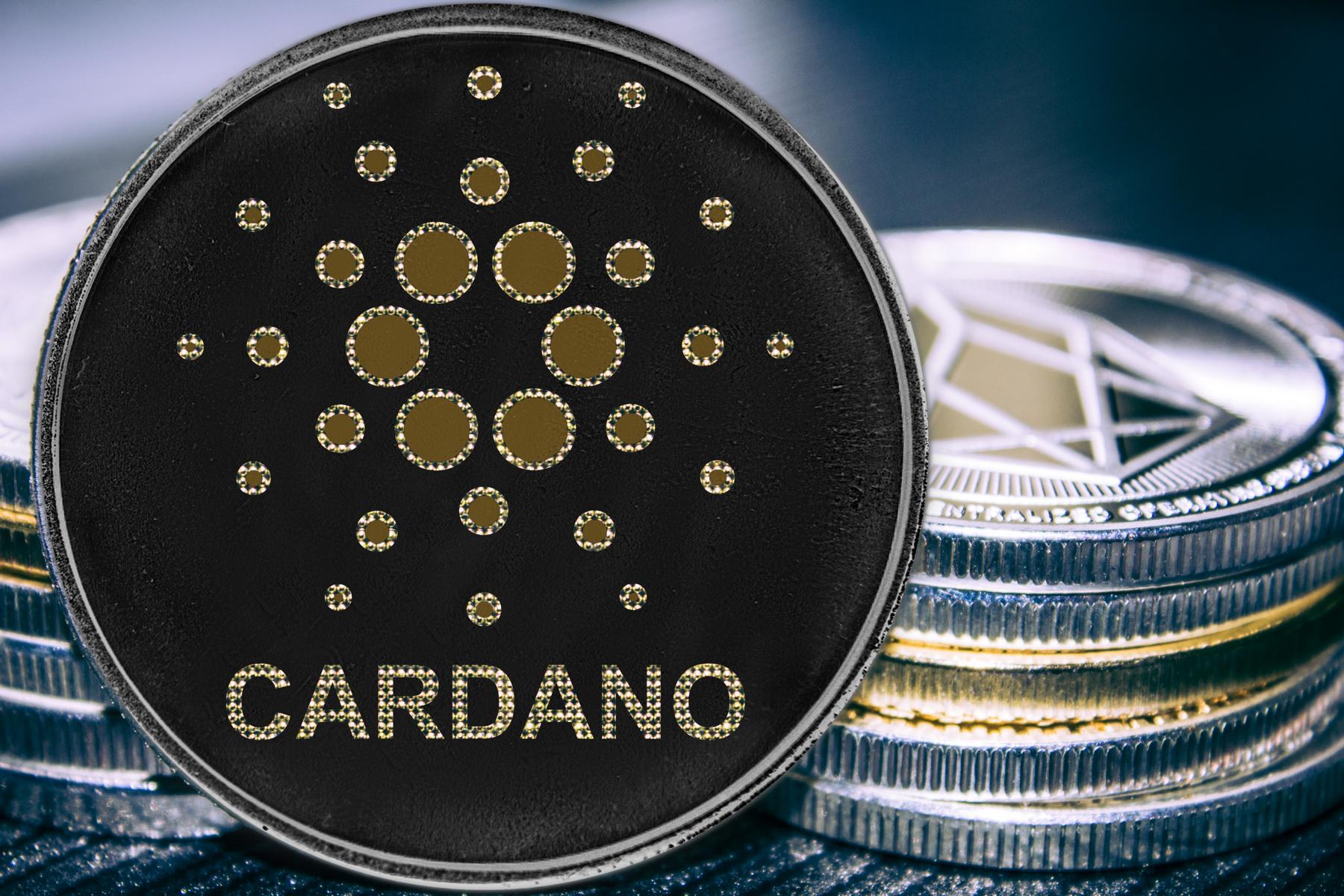- The Cardano Foundation is inking strategic partnerships with different industry giants.
- The protocol is pushing for decentralization in a pioneering move in Web3.
The Swiss-based non-profit Cardano Foundation works to promote Cardano adoption as a public digital infrastructure of the future. The Foundation recently showcased Cardono’s utility across several industries to solve some pain points.
Cardano Solving Real-World Issues
The Cardano Foundation posted a thread on the X platform describing several case studies of public infrastructure utilizing the blockchain. For instance, the Foundation collaborated with Georgia’s National Wine Agency, the Bolnisi Winemakers Association, and Scantrust to develop the Georgian Wine Traceability Program.
4/ Epoch Sports and Merchadise entered a technical collaboration with the Cardano Foundation to fundamentally improve merchandise authentication and fan engagement.
The innovative approach uses the Cardano blockchain’s security, immutability, and transparency to create a…
— Cardano Foundation (@Cardano_CF) November 5, 2024
Although Georgia’s ancient winemaking heritage dates back thousands of years, counterfeit wines hurt its market integrity. The lack of reliable track-and-trace systems largely hinders Georgia’s ability to leverage its wines’ excellent quality fully. Producers struggle to showcase the authenticity and origin of their wines to discerning consumers.
Therefore, the Georgian Wine Traceability Program leverages Cardano’s unique position to give consumers easy access to verify the product’s full history. This helps to enhance brand trust and transparency while facilitating supply chain forensics.
Another notable Cardano collaboration is with Veritree to bring transparency to reforestation. Through the partnership, veritree conducted an Initial Tree Offering (ITO), distributing fungible tokens to participants in the Cardano Forest initiative. These fungible tokens represented a physical tree and were exchangeable for an NFT representing each tree donation.
Each NFT is serialized to a specific session, ensuring that the event occurred while allowing different parties to manage it in real time. Thus, verification becomes feasible for both funding and reporting purposes.
The Cardano Foundation also spotlighted an earlier collaboration with Epoch Sports and Merchandise. This partnership aims to increase merchandise authentication and fan engagement. The innovative technique utilizes the Cardano blockchain’s security, immutability, and transparency to establish a unique digital certificate of validity linked to the NFC chip implanted in each jersey.
It allows end consumers to easily track the production process from design to material sourcing and manufacturing. The goal is to increase trust and interaction to safeguard revenue and brand reputation.
These case studies demonstrate how Cardano drives real-world change, including supply chain transparency, reforestation, and fan engagement. The Foundation has expressed commitment to expanding blockchain’s impact across other global industries.
Cardano’s Decentralization Moves
Meanwhile, Cardano has officially released Node 10.11, a major upgrade to its blockchain ecosystem that improves decentralized governance capabilities. As reported by CNF, this mainnet release, launched by Intersect MBO, set a new standard for user-driven decision-making on Cardano.
Some new features include Stake Pool Operators (SPOs) voting on the preset options, making governance involvement easier. According to Intersect MBO, these measures will bring Cardano closer to the vision of a community-managed blockchain.
Cardano’s native token, ADA, has captured analysts’ interest with predictions of reaching $8 by 2025. As of this writing, ADA is trading at $0.3312, down 0.6% in the last 24 hours.





















